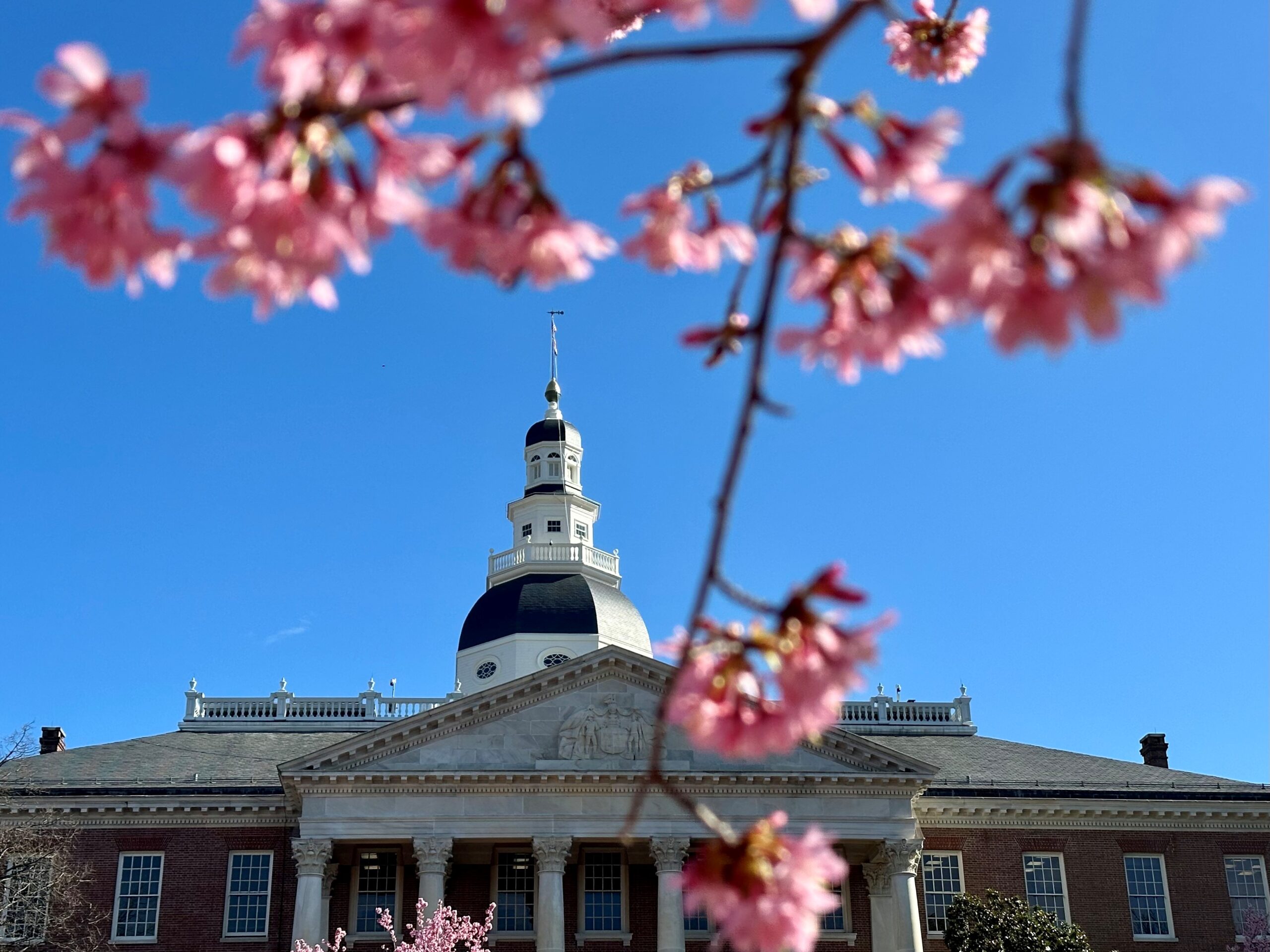Commentary: The General Assembly’s Missed Opportunity to Advance Environmental Justice in Maryland

By James Duffy, Adam Fetian, Hannah Krehely, Shane Ardinger, Spencer Baldacci, Anne Clevenger, Brandon Hsu, and Cameron Luzarraga
The writers are members of the University of Baltimore’s Environmental Law Society.
This past September, Baltimore City issued an all-too-familiar boil water advisory to residents of West Baltimore, a region of the city with historically and predominantly Black communities. A potential E. coli exposure meant residents had to boil their tap water for at least a minute before consumption. Months after the contamination incident, residents remain concerned about the water quality. Water contamination as a result of infrastructure failure or poor municipal oversight have become a common occurrence, especially in communities of color in America since the Flint water crisis. Not only will public and environmental health degrade as these instances continue, but so will public trust in municipal leadership.
The exact cause of the September contamination incident remains unknown. Local officials have sought answers, pointing initial concern towards the role of municipal construction and other infrastructure-related activities. As climate change exacerbates existing inequalities and increases the pressures faced by infrastructure, citizens will experience more frequent barriers to resource access without informed policy efforts.
How can we act today to minimize these seemingly inevitable occurrences?
This legislative session, the Maryland General Assembly considered but failed to pass a resolution that would have sought solutions to daunting public health and environmental challenges. House Joint Resolution 1 would have spurred the legislature to reaffirm the fundamental goal of a statute known as the Maryland Environmental Policy Act (or MEPA), which they passed fifty years ago.
The resolution represents members of the legislature’s push for the newly-elected Moore administration to ensure that all agency decision-making occurs effectively, transparently, and in full consideration of potential adverse consequences to public and environmental health.
MEPA, passed in 1973, originally sought to protect each individual’s “fundamental and inalienable right to a healthful environment” by requiring state agencies to prepare “environmental effects report[s]” on “each proposed State action significantly affecting the quality of the environment.” Much like the National Environmental Policy Act (NEPA), MEPA is not self-implementing and agencies are required to adopt their own review methods.
The legislature significantly limited “proposed State action,” the trigger for MEPA review, to only “requests for legislative appropriations.” This means that agency actions like the issuance of licenses, permits, and finalized rulemaking all fall outside MEPA’s mandate to consider environmental effects. In practice, this has meant nearly all state agency decisions with the potential to impact human and environmental health do not receive MEPA review.
Due to this all-too-narrow definition, the General Assembly has failed to implement MEPA’s fundamental policy of “protection, preservation, and enhancement of the State’s diverse environment.” One narrowed statutory definition has rendered MEPA functionally useless.
HJ1 would have allowed the legislature to recommit to MEPA’s policy goal. By giving MEPA the teeth it has lost since 1973, this resolution and future amendments to MEPA could have ignited a more detailed review process for permit issuance that could prevent environmental injustices like water supply contamination. Under a heightened review process, state agencies would be required to more closely scrutinize the potential impacts of their decisions on human health and the environment. More detailed review could also create clearer legal avenues to address environmental injustices by providing residents a path to holding agencies accountable. MEPA’s current implementation strips from our affected communities of their right to a healthy environment by removing accountability.
Given the Moore administration’s early action to address climate change and environmentally experienced Cabinet picks, policies like those behind HJ1 seem politically viable. However, the resolution failed to make it out of the Rules and Executive Nominations Committee.
The pressure is on for the General Assembly. They possess the power to define whose interests are considered in Maryland’s governmental decision-making process. Constituents from all corners of the state should consider advocating to their representatives in the General Assembly to mandate a closer review of the decisions that have the potential to otherwise contaminate our water supplies or limit our access to natural resources.
We believe that every Marylander’s interests in clean water and healthy ecosystems are more than worthy of consideration. If you agree, contact your representatives and urge them to support future legislative efforts aimed at actualizing every Marylander’s right to a healthful environment.




 Creative Commons Attribution
Creative Commons Attribution